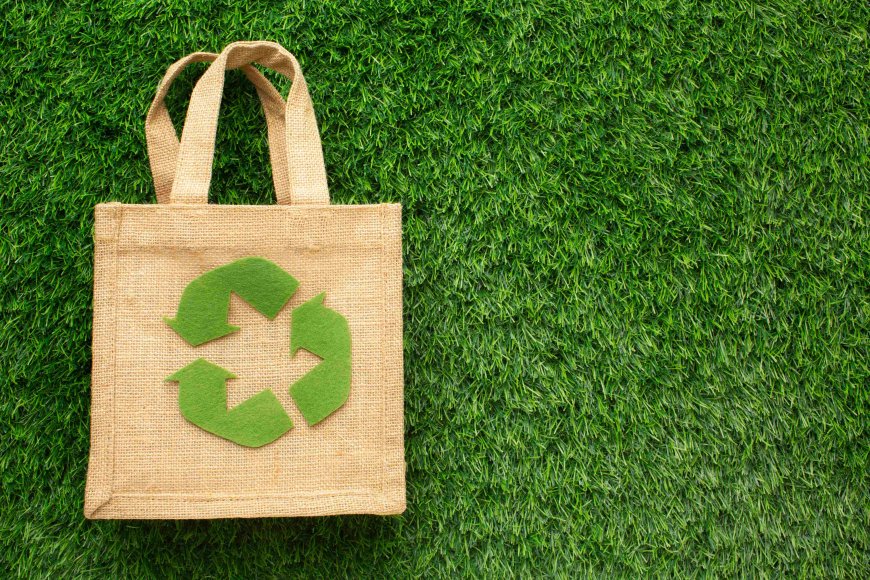How Schools Can Benefit from Eco Friendly Products
Using eco friendly products in schools creates healthier spaces, cuts plastic waste, and fosters sustainable habits in students.

In todays environmentally conscious world, institutions across sectors are rethinking how they operate. One of the most impactful changes can start at the grassrootswithin schools. By integrating eco friendly products into everyday school operations, educational institutions can not only reduce their environmental footprint but also instill sustainable habits in future generations.
Lets explore why going green in schools is more than just a trend and how switching to sustainable alternatives benefits students, staff, budgets, and the planet.
Teaching Sustainability by Example
Schools serve as foundational spaces where students learn more than academic subjectsthey absorb life values. When students see their school choosing reusable materials, compostable packaging, and plastic-free supplies, it reinforces environmental responsibility through action, not just theory.
Using eco friendly supplies like recycled notebooks, bamboo rulers, and refillable pens introduces the concept of conscious consumption early on. It helps normalize sustainability and inspires students to carry those habits beyond the classroom.
Healthier Learning Environments
Many conventional school supplies and cleaning products contain harsh chemicals or synthetic materials that can emit toxins. For example, PVC-based items or plastic organizers may release microplastics or off-gas over time.
On the other hand, eco conscious alternatives are often made from natural or biodegradable materials and are free from harmful substances. Switching to non-toxic markers, plant-based cleaning agents, and compostable food trays can create a healthier indoor environment for children and staff, especially those with allergies or sensitivities.
Reducing Plastic Waste
The average school can generate large amounts of plastic waste dailyfrom food packaging and cutlery in cafeterias to disposable pens and folders in classrooms. Replacing single-use plastics with biodegradable or compostable alternatives significantly cuts down on waste volume.
For instance, switching to compostable lunch trays and wooden cutlery can eliminate hundreds of plastic items every week. Schools that provide refillable water stations alongside reusable bottles also dramatically reduce the use of bottled water and plastic cups.
Budget-Friendly in the Long Run
Theres a common misconception that sustainable products are always more expensive. While the upfront cost of eco friendly products might be slightly higher, their long-term benefits often outweigh the initial expense.
Reusable products like cloth towels, refillable whiteboard markers, or metal lunch boxes can last years compared to their single-use counterparts. Additionally, many suppliers offer school discounts on bulk purchases of sustainable goods, helping institutions save money over time.
Meeting Green School Standards and Policies
Many regions now have sustainability goals or green certifications in place for educational institutions. By adopting more environmentally responsible practices and choosing products that align with those standards, schools may become eligible for grants, recognition, or certifications such as LEED or Eco-Schools.
Committing to sustainable procurement also positions the school as a community leader and sets a positive example for local organizations and businesses.
Involving the Whole School Community
Introducing eco friendly initiatives often sparks collaboration between students, teachers, and parents. Whether it's a student-led recycling campaign or a classroom challenge to reduce plastic use, these programs create a sense of ownership and participation.
Some schools even take it a step further by forming green committees that oversee everything from energy use to waste segregation and sustainable product sourcing. This not only builds teamwork but also makes environmental learning more interactive.
Eco Friendly Supplies and Solutions for Schools
There are many simple ways schools can integrate sustainable products into their daily routines. Here are a few categories where a green switch can be made:
-
Stationery: Recycled paper notebooks, refillable pens, non-toxic glue sticks.
-
Cafeteria Items: Compostable plates, wooden spoons, biodegradable straws, reusable lunch trays.
-
Cleaning Supplies: Plant-based cleaners, reusable cloth wipes, natural disinfectants.
-
Storage and Organization: Cardboard folders, cloth-based storage bins, recycled plastic trays.
-
Uniforms and Apparel: Organic cotton t-shirts, recycled fabric bags for sports or library use.
Implementing even a few of these changes can significantly reduce a schools environmental footprint.
Raising Awareness Beyond the Classroom
Using sustainable products goes hand in hand with education. Teachers can use these items as teaching toolsexplaining why recycled materials matter, how composting works, or how to calculate a classrooms carbon footprint. Field trips to recycling centers or inviting eco entrepreneurs for talks can reinforce these lessons.
As sustainability becomes a global priority, students exposed to these ideas early on are more likely to grow into environmentally conscious adults who make informed choices.
Final Thoughts
Schools play a pivotal role in shaping the future, not just through academics but through the values and habits they promote. Embracing eco friendly products isn't just about reducing wasteit's about building a culture of responsibility, respect, and resilience.
From healthier learning spaces and long-term savings to active environmental education, the benefits are clear. By choosing sustainable alternatives, schools empower students to become guardians of the planetstarting one reusable notebook, compostable tray, or bamboo pencil at a time.



































